Director’s Notebook
At 2 in the afternoon, I got to the Commerce Development Research Institute (CDRI). I immediately picked up on a passionate and enthusiastic energy because it turned out that an online product selection meeting between indigenous businesses and New Zealand was taking place. Shortly after, I met marketing and new media guru, Director Thomas Tseng, who exuded an air of confidence and competence during the subsequent interview. He answered my questions lucidly without having to pause, which vividly showcased CDRI’s years of brainstorming, heartfelt efforts, and collaborative endeavors with professionals from New Southbound countries. He brought to life a myriad of stories regarding how the institute has intricately linked small and medium enterprises from Taiwan with the emerging markets in the New Southbound region.
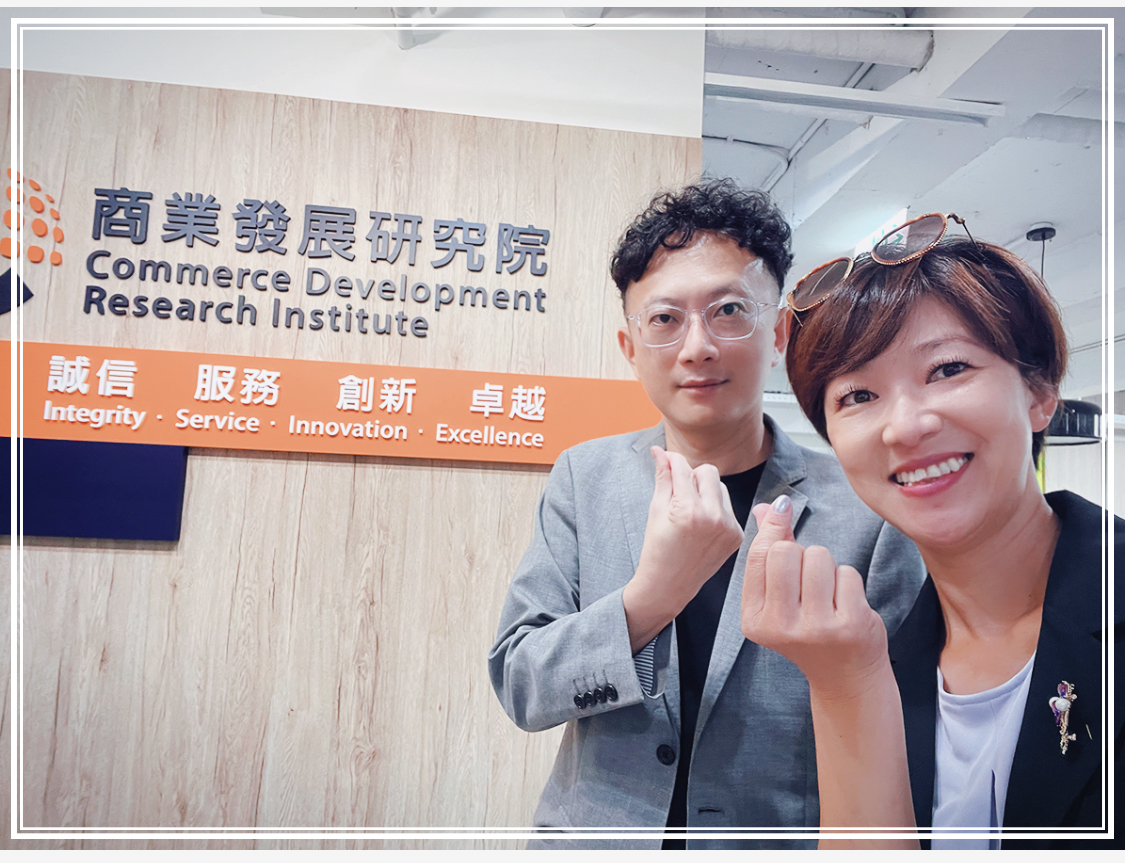
Picture 1: Taking a photo with Director General Thomas Tseng at CDRI (Pei Lin Lin)
Acting as a “Spirit Medium” Between Taiwanese and Southeast Asian Businesses
When I interview people, the question about how a project got started inevitably arises. As a marketing expert skilled in storytelling, Director General Tseng immediately captured my attention. Tseng said, “I’ve been here for many years so I can tell you everything about the New Southbound project at CDRI. The project has been going on for many years. Back then, I was just a researcher, but have been developing this project for nearly 12 years now.”
The Director General mentioned that these transformative 12 years can be divided into three stages. In the “early phase,” CDRI was primarily responsible for researching and investigating consumer goods in Southeast Asia. During the “middle phase,” the focus shifted towards providing guidance to businesses. And finally, the “recent phase,” which occurred during the pandemic. During this phase, CDRI underwent a significant transformation and started emphasizing the promotion of industrial products with a larger share of exports.
Director General Tseng then likened his role to being a "spiritual medium," and said, “[It’s] just like bridging the realms of the living and the spirit world. It's not enough to only know what the spirit world needs; I also need to make sure that these things exist in the physical world.”
One can quickly understand Director General Tseng’s role by looking at it from this perspective. Director General Tseng illustrated this by mentioning an example from the past. Several years ago, there was a popular cosmetics chain store in Indonesia that was well-known in Europe and America. When they were seeking to connect with the booming Taiwanese facial mask industry, CDRI not only gathered feedback through market research but also let the businesses know key points of what Indonesian buyers valued most. This included whether a face mask had received awards, and second, whether they contained trendy ingredients like marine microorganisms.
The teams within CDRI not only have to accurately understand the requirements of individual buyers, but as a spiritual medium, Director General Tseng also pointed out their invaluable role as an “Overseas Expert System.” This system effectively assists Taiwanese small and medium-sized enterprises in gaining a practical understanding of various aspects related to entering the markets in Southeast Asian countries, such as industrial development, regulations, and certification requirements.
Innovative Marketing and the Soaring Popularity of Livestream Shopping
When talking about the more traditional realm of foreign trade, Director General Tseng pointed out the most significant difference between CDRI and the Taiwan External Trade Development Council (TAITRA) is in terms of assistance to small and medium-sized enterprises. Despite both being under the Ministry of Economic Affairs' Bureau of Foreign Trade, TAITRA participates in exhibitions, often organizes “Taiwan Expos” in many New Southbound countries, and leads groups to participate in iconic overseas expos to help Taiwanese businesses enter new markets.
Director General Tseng emphasized the significance of exhibitions as an important channel. However, one can actually discern the difference between TAITRA and CDRI directly from their names. CDRI primarily focuses on researching overseas market trends, providing systematic guidance to businesses, and accompanying them in a long-term manner until successfully securing orders. Because CDRI deals with aspects of business outside of exhibitions, when major global expos were halted due to the COVID-19 pandemic, CDRI could continue its operations without any hitches by adeptly utilizing its digital marketing tools. This directly allowed for online and remote livestream matchmaking and ensured that the matchmaking process remained uninterrupted for both buyers and sellers as long as they could connect to the internet.
The Director General also mentioned that during exhibitions in the past, everyone would just throw their business cards at anyone who would take them. However, this didn’t help anyone determine which buyers and sellers were trustworthy. Fortunately, CDRI helps businesses avoid many unnecessary risks by conducting screening processes and due diligence on potential partners. CDRI identifies important foreign buyers by employing a strategy that’s akin to tiny shrimp wanting to swim with whales. This process eliminates many unwarranted risks by enabling tiny shrimp, suitable small and medium-sized enterprises from Taiwan, to connect with big whales and large overseas buyers.
One notable success story occurred during a recent digital online exhibition. Taiwanese tech company, Clockwork Orange, seamlessly connected their integrated smart home solutions with Viettel, a telecommunications company in Vietnam that boasts 60 million users. This partnership occurred under the Australia/Vietnam Smart Lifestyle Expansion Initiative within the 2022 New Southbound Innovative Marketing Development Plan. Due to the flourishing market for smart construction projects in Vietnam in recent years, Viettel, which is a telecommunications company known for multiple system integrations, saw the potential in Clockwork Orange Technology during the Wow! Taiwan Project online exhibition. They were impressed by features such as integrated home monitoring systems, door locks, lighting control, and gas detection, through system hosts and multiple protocol gateways. In the past, businesses were constrained by operating systems. For instance, if they used Xiaomi, they couldn't connect with Samsung. If they used Samsung, they couldn't integrate with Apple systems. Witnessing Taiwanese companies seamlessly integrating across brands and devices was astonishing. With the assistance of CDRI in negotiations, both parties have already signed an MOU.
Diverse Guidance to Startups by Sensing Trends and Providing Accurate Business Insights
What's the appeal of livestreamed shows? Director General Tseng likened it to allowing promising new industries and small to medium enterprises in Taiwan seeking international opportunities to participate in an amateur talent show. Businesses can capture the attention of overseas buyers by showcasing their unique strengths, which potentially leads to one-on-one matchmaking.
The guidance process is also well thought out. For instance, New Southbound buyers tend to lean towards younger demographics and have a higher acceptance of digital marketing. Therefore, CDRI designs digital content for five major themes each year and integrates them on their website, making it easier for foreign buyers to accurately locate corresponding businesses.
For example, CDRI proactively identified the need for businesses capable of handling agricultural waste in the Thai market by bringing together sustainability concepts and the country’s emphasis on the circular economy over the past two years due to the implementation of BCG (Bio-Circular-Green Economy) strategies. Consequently, CDRI facilitated matchmaking between Taiwanese environmental resource companies specializing in transforming waste into valuable resources.
Another highlight this year has been a food technology project between the Philippines and Indonesia. The Director General noted that even though Indonesia is a country rich in raw materials, it still struggles with underdeveloped food technology. Due to this, even high-end ingredients like bird's nests used in Chinese medicine sometimes go to waste. Therefore, there's a significant demand for food processing equipment such as drying machines and grinders to rapidly enhance production efficiency and optimize preservation techniques.
Indonesia's demand extends beyond just food production capabilities. Taiwan's Mobisnet Technology was one of the featured companies in a livestream show on July 14, 2023. Their expertise lies in producing smart robots capable of delivering food, medication, and hotel amenities. Through this online platform, Mobisnet Technology successfully captured the attention of 20 Filipino buyers. Ten days later, CDRI facilitated the participation of the company in the Indonesia Food Technology Challenge and Solution Matchmaking Event, which enabled prominent restaurant chains to engage in face-to-face discussions with Taiwanese businesses.
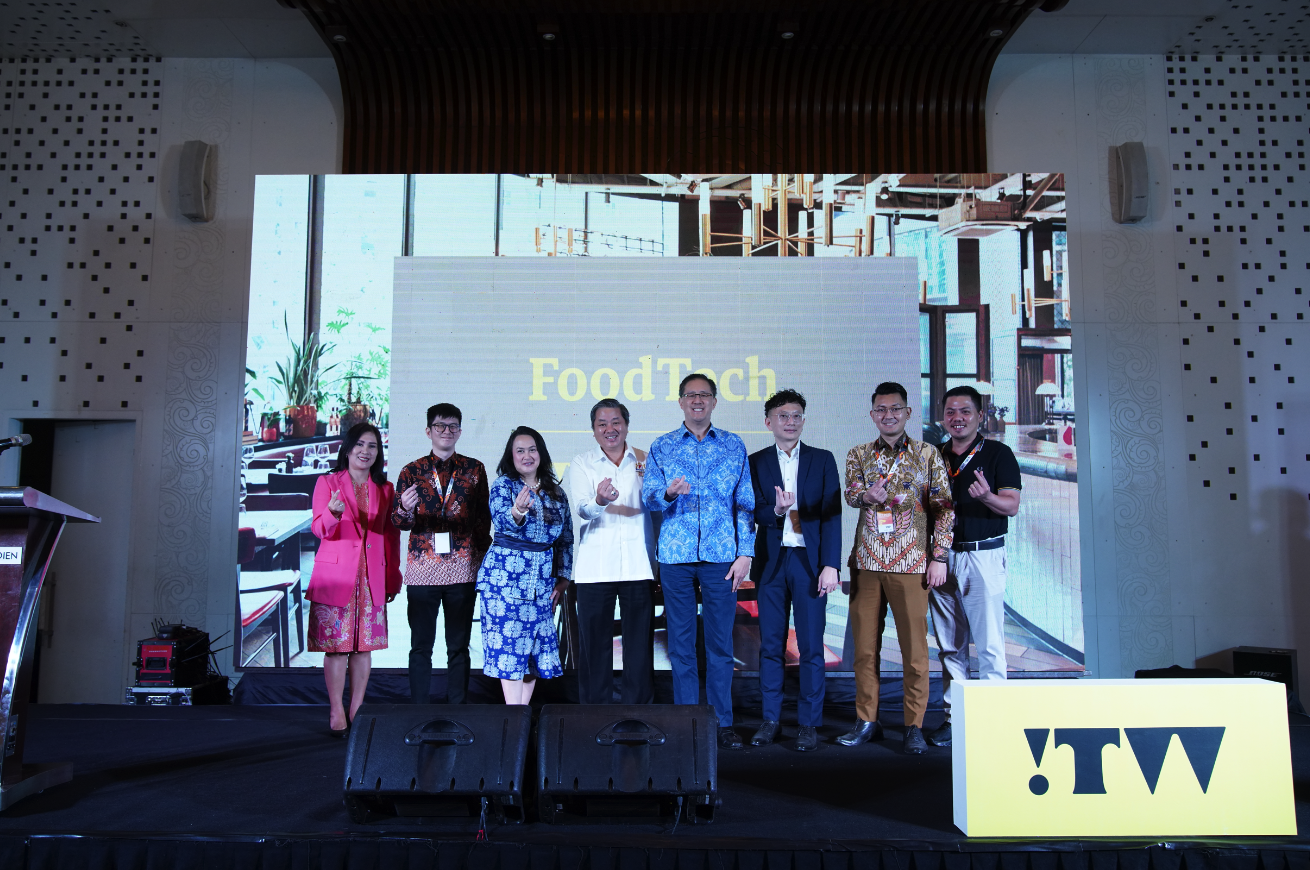
Picture 2: Indonesian Food and Beverage Association (GAPMMI) International Cooperation Director Lena Prawira (left), and Queen Food CEO Adrian Arinta.
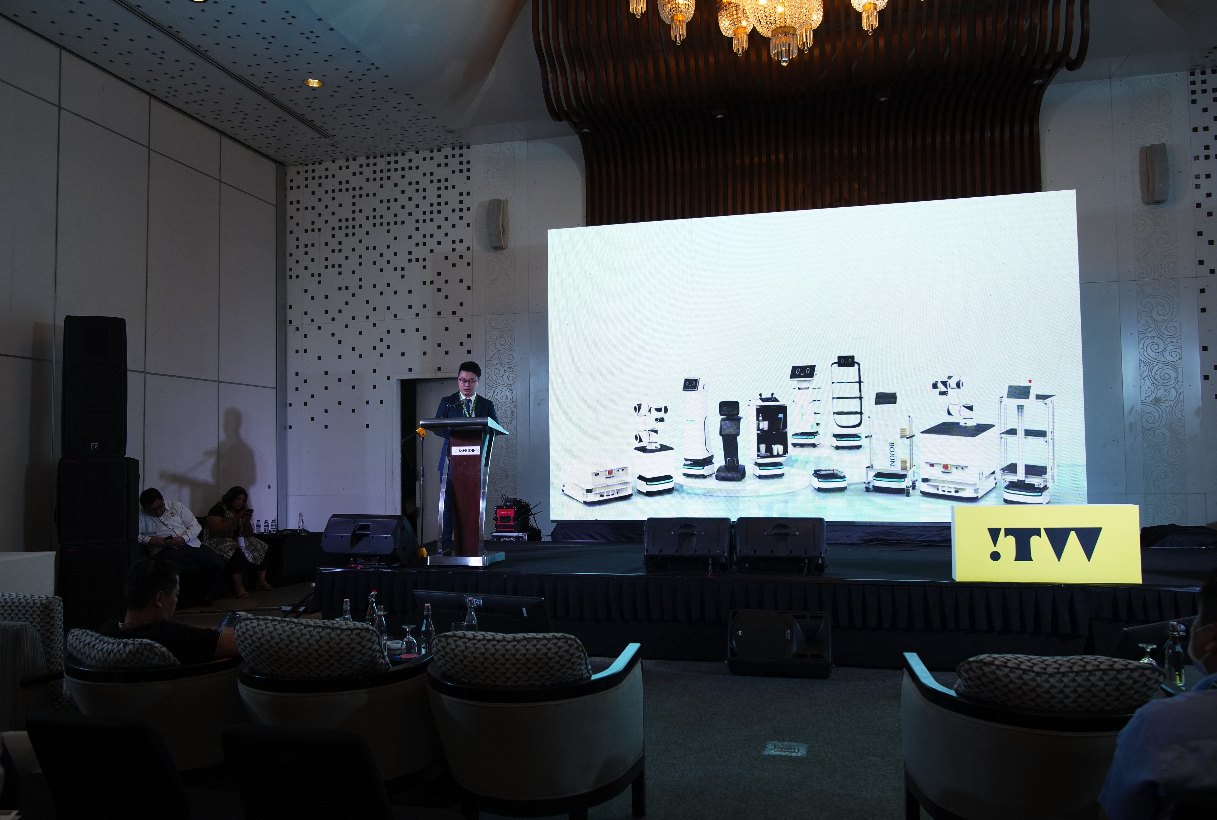
Picture 3: Mobisnet Technology successfully capturing the attention of restaurant chains at the Food Technology Challenge and Solution Matchmaking Event in Indonesia.
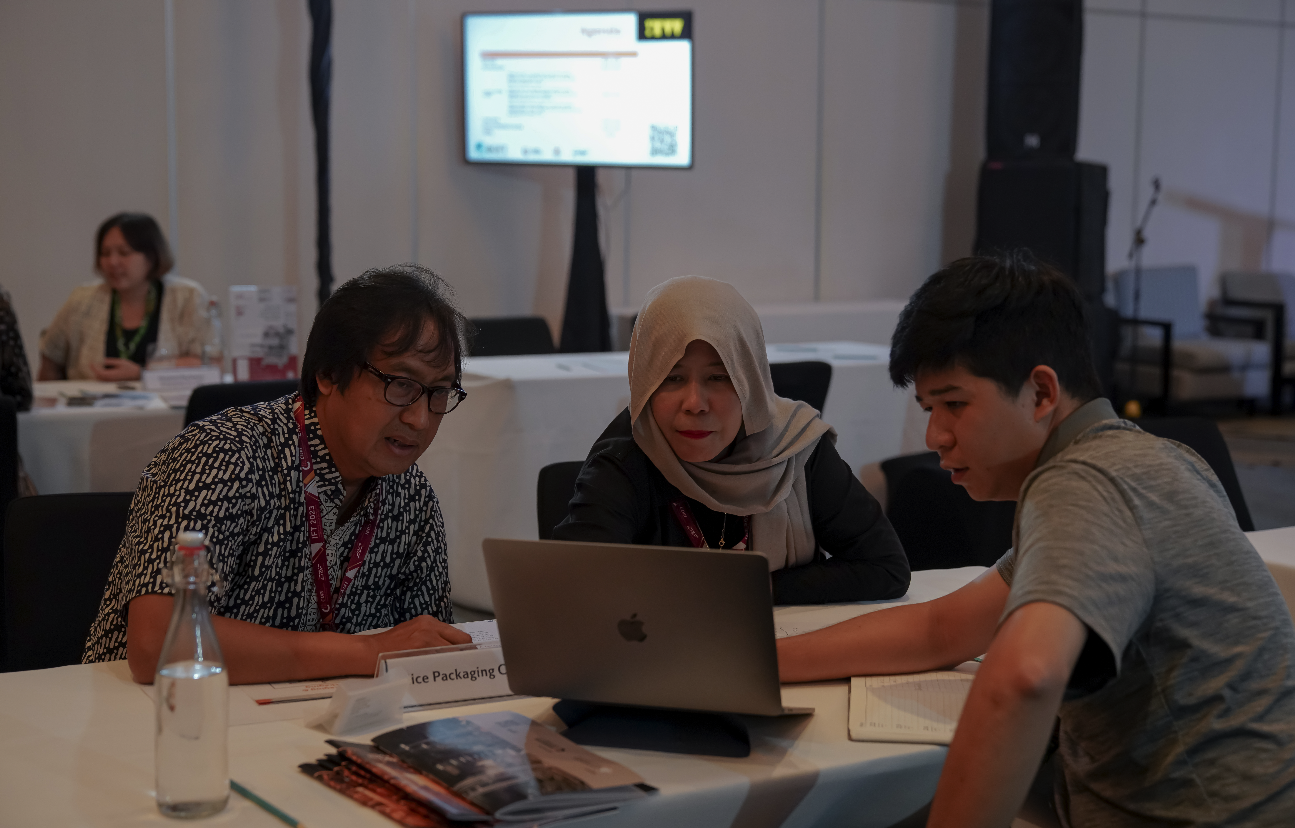
Picture 4: Businesses engaging with New Southbound buyers during overseas matchmaking events.
Fostering New Southbound: Breaking Free from Limiting Perceptions of Southeast Asia
According to Director General Tseng, numerous high-quality Taiwanese manufacturers are able to form new partnerships with businesses from Southeast Asia every year through increased exposure. Director General Tseng said, "The most challenging aspect is the process of becoming a spiritual medium. It requires experience, a deep understanding of the Southeast Asian market, keen intuition, and the ability to swiftly grasp the unique traits of Taiwan's industries. As a result, every year brings different types of growth and new challenges."
Speaking of experience, looking back over a decade ago, during his first trips to Indonesia and India, Director General Tseng recalls, "I was extremely nervous, thinking they were far behind. However, upon arriving in Jakarta, I was struck by what I saw. I thought ‘Is this Indonesia? How come their department stores are more impressive than Taipei's?’ I was even more surprised when I interviewed the CEO of a retail group because it turned out he got there by helicopter.”
Director General Tseng hopes his stories help people in Taiwan break free from their narrow perceptions of many Southeast Asian countries. For instance, Indonesia alone has a population of 240 million people. Capturing just 1% of their population constitutes a significant market. Over the past decade, Indonesian society has been gradually becoming more affluent, with the capital city Jakarta becoming noticeably international. Tseng suggested that Taiwan should move away from the view that Indonesian migrant workers reflect the purchasing power of the whole country.
If we talk about making incremental progress, I believe Director General Tseng and his colleagues have been building both tangible and intangible bridges between Taiwan and countries such as India, Vietnam, Indonesia, Malaysia, and the Philippines. They've done this online and offline, from livestreamed shows to traveling thousands of miles. At each business trip, negotiation, and matchmaking event, Tseng’s team has shared their engaging life stories to form closer relationships with Southeast Asian countries and a stronger image of the New Southbound Policy.
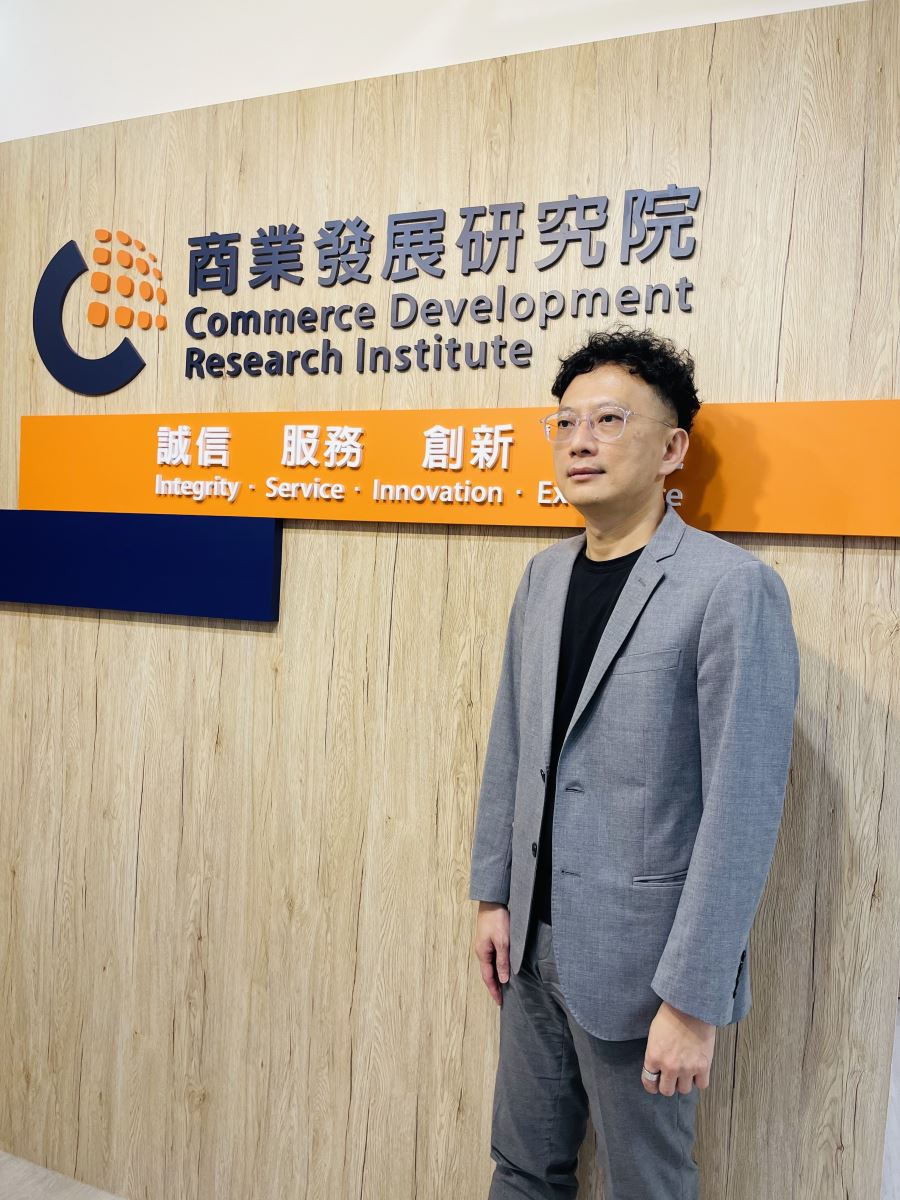
Picture 5: Director General Tseng at CDRI (Photo by Pei Lin Lin)
Columnist
.png) Pei-lin Lin
Pei-lin Lin
Pei-lin Lin obtained her B.A. in Philosophy from Fu Jen University and her M.A in Political Science from National Taiwan University. Lin embodies a humanistic literacy and political sensibility. In recent years, Lin has collaborated with the Taiwanese government to shoot videos promoting various policies. Currently, Lin splits her time between running a Chan Lands Ltd., Zongdipan, making documentary films and hosting the podcast “Human Translation Machine.” In the past, Lin has been a reporter for several media outlets and the anchor of shows on TVBS, CBC and Da Ai Television. While at Da Ai Television, Lin’s piece “Muhammad Yunus- Savior of the Poor,” was nominated at the First Taiwan Golden Wheel Awards for Outstanding Television News Feature.